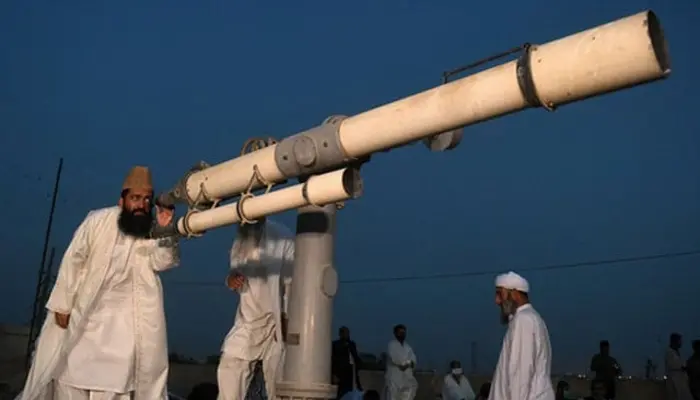
Israel will consider the opinions of the United States but will ultimately act in its own national interests in response to Iranian missile threats. Prime Minister Benjamin Netanyahu’s office confirmed this stance following Iran’s missile launch against Israel on October 1. The attack involved about 200 missiles and aimed to retaliate for earlier Israeli strikes that killed key Iranian and Hezbollah leaders, including Hezbollah’s Hassan Nasrallah and the Islamic Revolutionary Guard Corps (IRGC) commander Abbas Nilforoushan.
In a statement on Tuesday, Netanyahu’s office emphasized the importance of national interests over external influences. “We listen to the opinions of the United States, but we will make our final decisions based on our national interest,” the statement read. This declaration highlights Israel’s determination to protect its sovereignty amidst growing tensions with Iran.
Assurances to U.S. Officials
Reports from various sources indicated that Netanyahu communicated his approach to U.S. officials, including President Joe Biden. He assured that any Israeli counterstrikes would focus on military sites, deliberately avoiding attacks on Iran’s nuclear or energy facilities. This indicates a strategy aimed at containing the conflict and preventing a wider war. The Wall Street Journal cited unnamed U.S. officials who noted that these assurances came during a recent call between Netanyahu and Biden, as well as discussions between U.S. Defense Secretary Lloyd Austin and Israeli Defense Minister Yoav Gallant.
Read: Death Toll in Gaza Conflict Reaches Over 42,000
U.S. Support and Military Aid
The U.S. government reportedly welcomed this limited approach, viewing it as a way to de-escalate tensions. However, more than a year into the Gaza conflict, Israel has intensified its military operations, resulting in significant casualties. Reports estimate that over 42,000 people have died in the ongoing offensive in Gaza, with Israel also expanding its operations into Lebanon.
Biden has explicitly stated that he would not support an attack on Iran’s nuclear sites, fearing that such actions could provoke a larger conflict and entangle the U.S. deeper in the situation. As part of its commitment to Israel, the Pentagon has announced the deployment of an advanced anti-missile system, the Terminal High Altitude Area Defense (THAAD), to bolster Israel’s defenses.
Retaliation Promised
In response to the Iranian missile attack, Israel has promised a retaliatory strike. Defense Minister Yoav Gallant warned that the response would be “deadly, precise, and surprising.” This statement has heightened concerns in global oil markets, as any Israeli military action targeting Iranian oilfields could lead to significant increases in energy prices.
Regional Gulf states have expressed alarm at the escalating tensions. They have urged the U.S. to prevent Israel from striking Iranian oil facilities. These states fear that Iranian proxies might retaliate by targeting their own oil infrastructure if the conflict intensifies.
As tensions mount, the international community watches closely. Israel’s military decisions in the coming days will be critical not only for regional stability but also for global oil markets and geopolitical dynamics. With both Israel and Iran on high alert, the situation remains fluid and unpredictable.
Follow us on Google News, Instagram, YouTube, Facebook,Whats App, and TikTok for latest updates
















